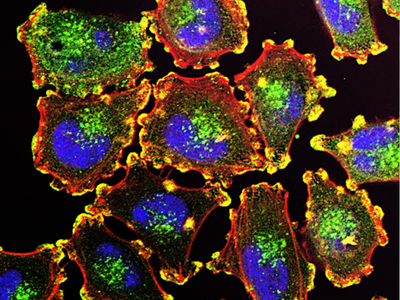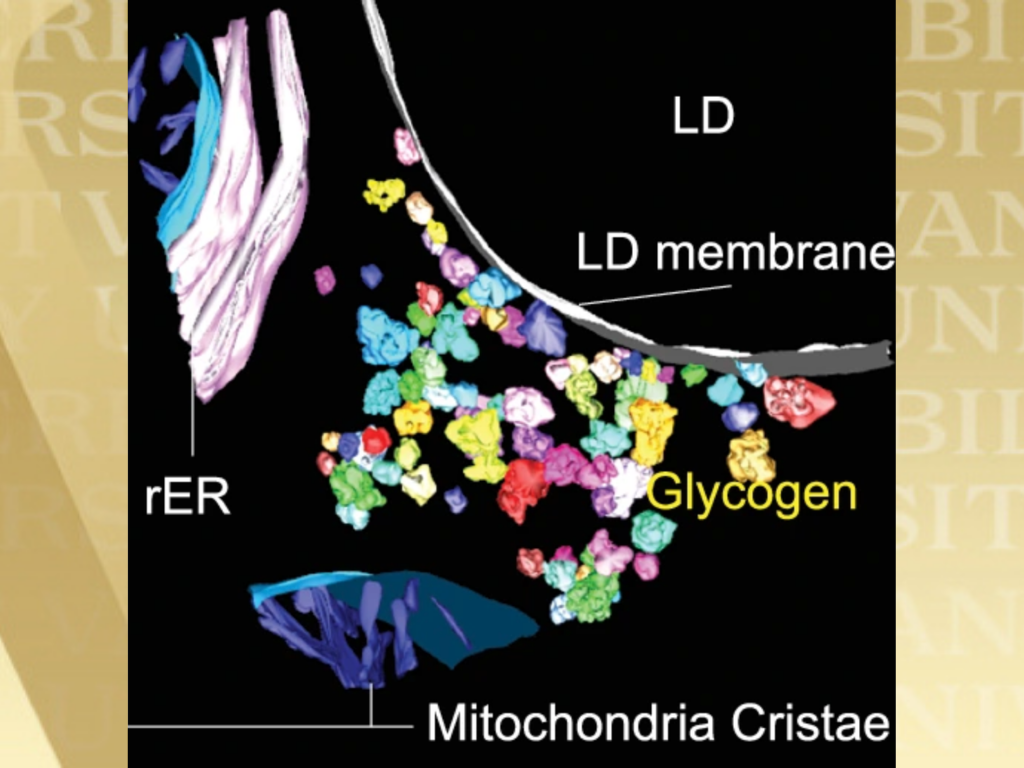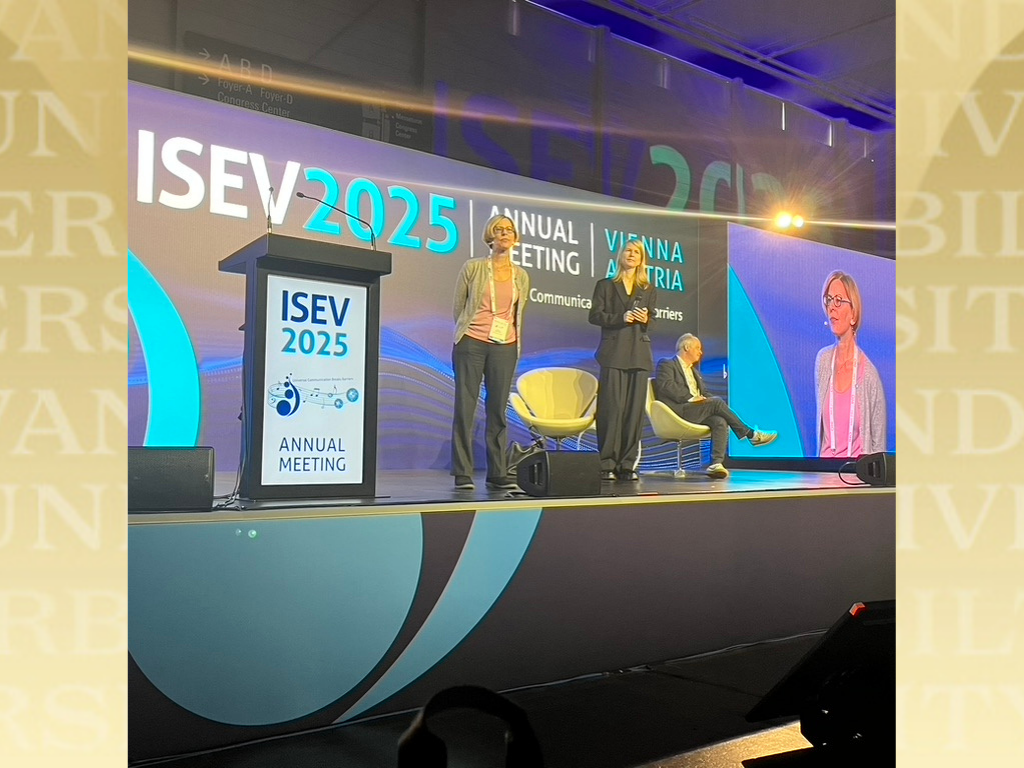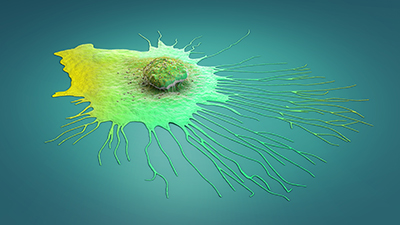Cancer
-

Katrin Karbstein named vice chair of biochemistry
Katrin Karbstein, the co-leader of the Cancer Cell Biology Research Program in the Vanderbilt-Ingram Cancer Center, will now expand her focus to support her department’s mission across research, service, and education, with a special focus on faculty affairs. Read MoreFeb. 19, 2026
-

Targeting immune suppression to overcome melanoma resistance
Ann Richmond outlines a promising therapeutic strategy that may re-sensitize treatment-resistant tumors to immunotherapy. The research introduces a three-drug combination that enhances immune activity and suppresses tumor-promoting immune cells. Read MoreFeb. 16, 2026
-

National Cancer Institute Laboratory of Genome Integrity Chief André Nussenzweig to deliver Apex Lecture on Dec. 15
Laboratory of Genome Integrity chief André Nussenzweig will present the Vanderbilt School of Medicine Basic Sciences Apex Lecture on Monday, Dec. 25, 2025. Read MoreDec. 2, 2025
-

Promising new drug combination may help melanoma patients resistant to treatment respond once again to the body’s immune defenses
Vanderbilt researchers led by Ann Richmond have identified a promising drug combination that targets three key pathways in advanced melanoma, potentially restoring the immune response in patients resistant to standard immunotherapy. Although the work is preclinical, the use of drugs already in clinical trials for other conditions could accelerate testing in humans. Read MoreOct. 15, 2025
-

-

The emperor of all oncogenes
Professor of Cell and Developmental Biology William Tansey and Professor of Biochemistry Stephen Fesik are rewriting the playbook for defeating cancer. After ten years of research, the two School of Medicine Basic Sciences investigators are preparing to advance a cancer drug to clinical trials. Read MoreOct. 9, 2025
-

DelGiorno lands prestigious American Cancer Society award to study therapeutic vulnerabilities in pancreatic cancer
Kathleen DelGiorno has received a Research Scholar Award from the American Cancer Society to study pancreatic cancer development. She will focus on the role of two fatty acids that are known to be involved with tumorigenesis. Read MoreSep. 9, 2025
-

Pioneering new method reveals glucose channeling, charting the fine structure of energy metabolism inside active cells
With a new method, researchers have captured a high-resolution metabolic “map” of how cells orchestrate glucose processing, revealing a hidden world where organelles and molecular complexes collaborate when responding to a rush of nutrients. The results of the pioneering work provide insights into an organizational and molecular framework that can be used to study how metabolic processes are disrupted in diseases and aging. Read MoreJul. 10, 2025
-

Vanderbilt researchers present at International Extracellular Vesicle Conference in Austria
Vanderbilt Center for Extracellular Vesicle Research members presented their research at the International Society of Extracellular Vesicles conference in Vienna, Austria in late April. Read MoreJun. 24, 2025
-

A package deal: Diagnosing and treating breast cancer with a single complex
Vanderbilt researchers have developed a nanoparticle complex that can both visualize and attack cancer cells by targeting the tumor microenvironment. Read MoreMay. 7, 2025